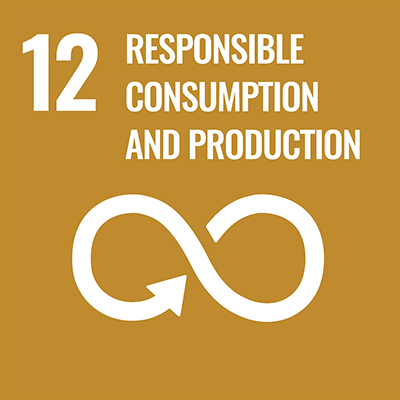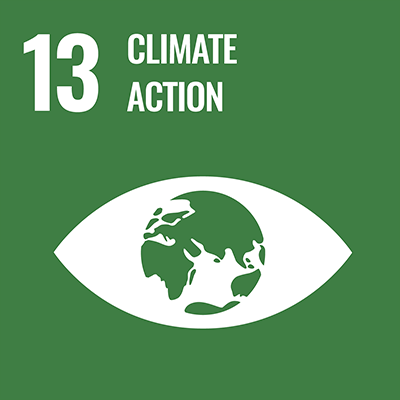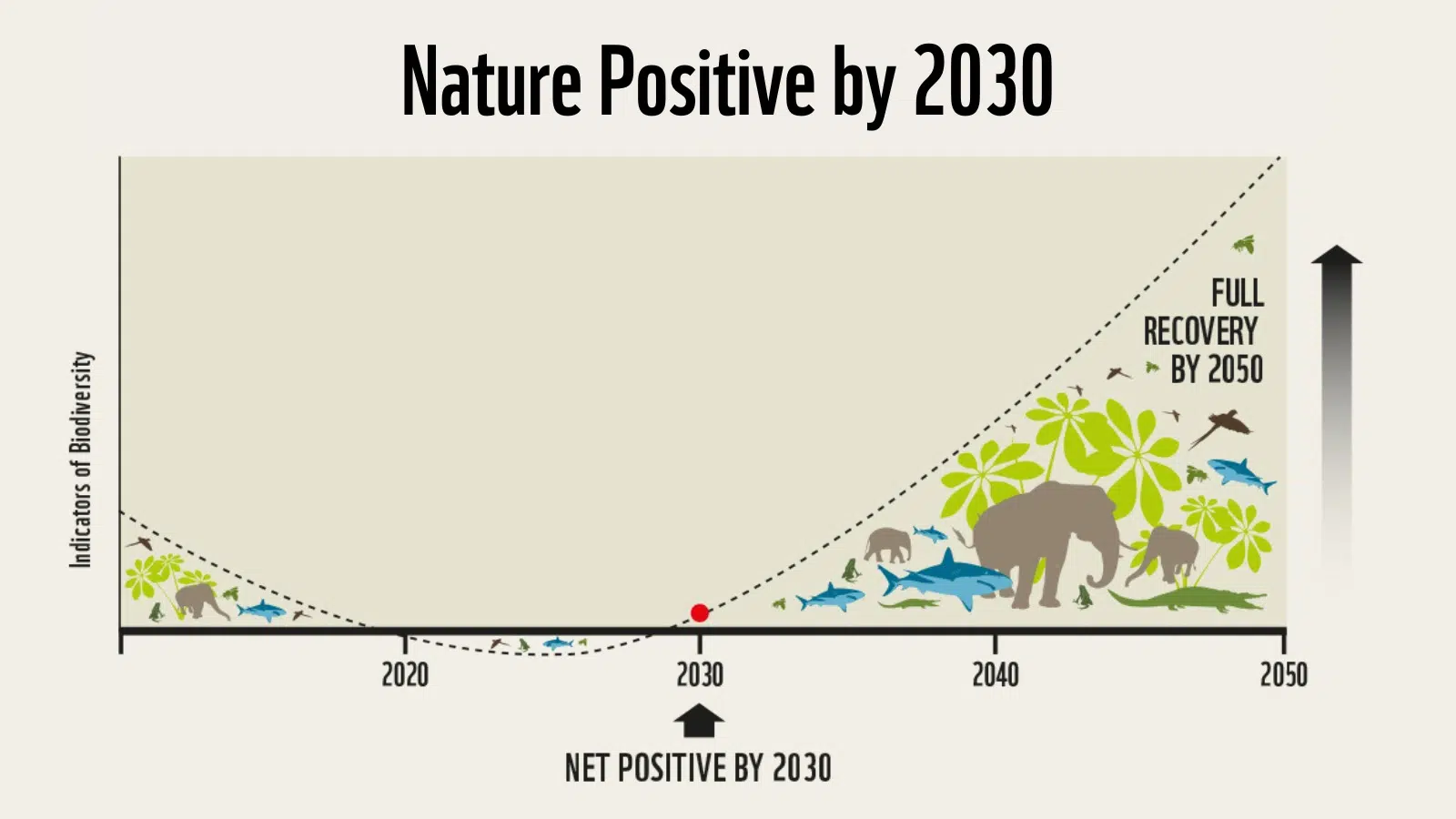CHAPTER 01UCC's Declaration on Biodiversity (Japan)
CHAPTER 02Action Plan


Nearly half of the world’s economic activity (GDP) is derived from natural resources,※1 and coffee is one of nature’s many treasures.
Yet economic development continues to devastate our ecosystems, with wild populations reduced by an average of 69% since the 1970s.※2
At UCC, we aim to reverse this trend by restoring lost global ecosystems and promoting activities that have a postive effect on nature.
If we don’t change, we’re headed for a future with increasingly diminished plant and animal populations.
That’s why the UCC Group has set a target to implement a Nature Positive approach by 2040 and is steadily working towards that goal.

Source: naturepositive.org

Establish and declare a zero-deforestation policy with clear rules and operational aspects

Support coffee nurseries, improve soil health, plant shade trees, protect biodiversity, and more

Our Zero Deforestation Declaration
By 2025, more than half of the coffee we source will meet this declaration.
UCC is a unique coffee company whos business spans the world from seed to cup. We have made positive strides in protecting the natural environments that produce delicious coffee while contributing to the global community.
One key effort was issuing our Biodiversity Declaration and Guidelines in 2009. Managing our own coffee estates and working closely with nature, we nurture each seedling with great care. We understand that coffee relies on healthy ecosystems sustained by biodiversity. Our declaration expressed our commitment to protecting biodiversity through coffee and highlighted our critical engagement with the land.
In 2022 we expanded our direction and set 2040 goals for carbon neutrality and nature positivity. To meet these targets, by 2030, we will only use coffee beans traced and confirmed to be free from deforestation, conversion, and degradation.
In our efforts to achieve zero deforestation, carbon neutrality, and nature positivity, we will ensure sustainable coffee bean production. We will comply with the EU Regulation on Deforestation-free Products while working with producers, suppliers, NGOs, and others to advance various environmental initiatives. These include transitioning to 100% sustainably sourced coffee for all UCC brands by 2030, supporting farmers practicing deforestation-free coffee cultivation, and improving the sustainability of indigenous and local communities around production sites. We will also focus on areas identified by our nature positivity studies, such as protecting land with high biodiversity, areas with irrecoverable carbon, and regions vulnerable to future deforestation; in addition to regenerating working land and restoring forest cover.
Given the complexity of coffee supply chains, the UCC Group cannot achieve these targets alone. We are collaborating with our supplier and customer partners to share our vision and work together to spread zero-deforestation coffee worldwide.
In doing so, we vow to become a Nature Positive company that has a beneficial impact on the environment as we aim to support local communities and create a better world for us all.
From among the 70-80 production countries and regions in the world, four countries (Brazil, Vietnam, Tanzania and Uganda) were selected as priority countries from multiple perspectives, including the results of a nature-related risk analysis of coffee-producing countries by the international NGO Conservation International and areas where UCC has long paid attention and where UCC's agricultural support activities can make an effective contribution.
 Brazil
Brazil
One of the most important producing countries for the UCC Group, and a producing country where future volume potential can also be foreseen. The management and rehabilitation of plantations in the state of Minas Gerais and other regions will ensure that the land remains suitable for coffee cultivation in 2050.
 Vietnam
Vietnam
This is one of the most important producing countries for the UCC Group and a region where it aims to expand sustainably sourced coffee in the future. Biodiversity is especially important in the Lam Dong jurisdiction and this needs further protection.
 Tanzania
Tanzania
This country is expected to improve its coffee production, by enhancing support aimed at increasing productivity. Soil protection measures are necessary in areas like Kilimanjaro, where the soil contains high levels of carbon stores, which once released, will be difficult to restore to its original state.
 Uganda
Uganda
This country has high potential to increase future coffee production. By providing agricultural technical assistance and raising awareness of sustainable coffee production, this can positively contribute to local development. Central highlands of Uganda has high irrecoverable carbon stores that needs protection.